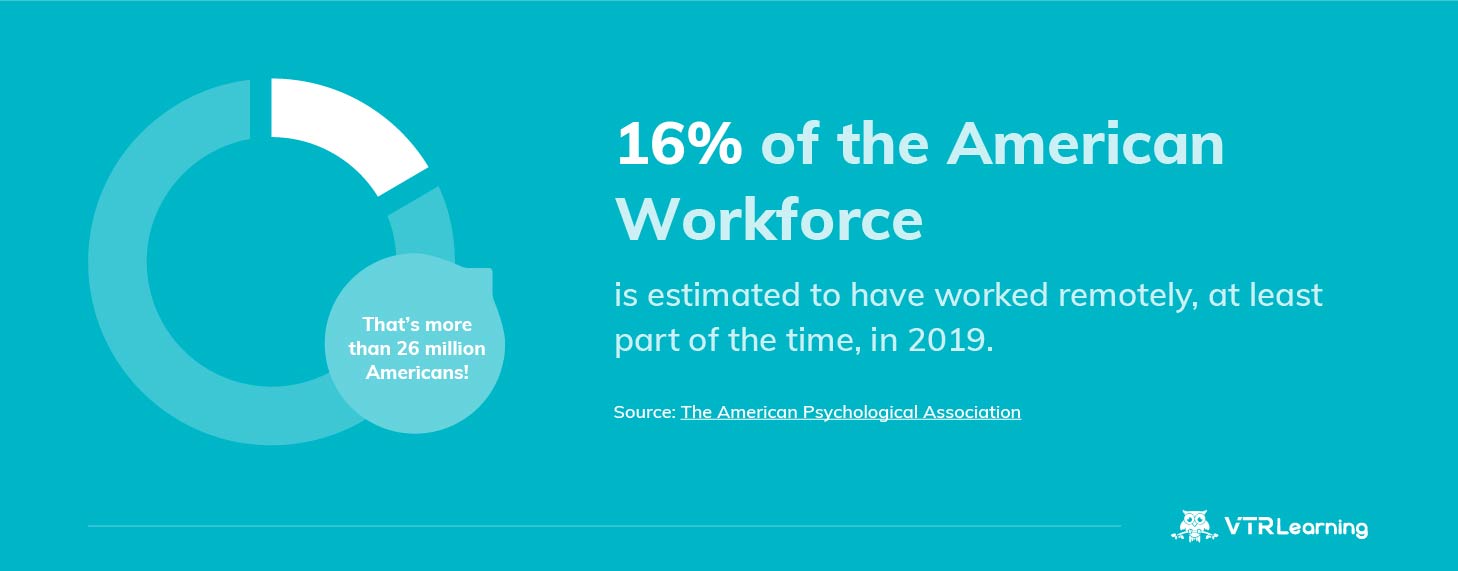
If you're looking to hire a bookkeeper contractor you should ensure they have the right qualifications. If you hire someone with no experience or minimal training, you are not promoting your business. It is important to hire someone with at least a bachelor's degree and experience in bookkeeping.
Independent contractor
Independent bookkeeper contractors will handle business transactions and perform bookkeeping and accounting tasks. Bookkeeping is the process of recording all business transactions. The outcome of these transactions are recorded in accounts. Because bookkeeping is a simple process, many independent contractors can perform bookkeeping tasks on their own, and computerized accounting solutions like Freshbooks, Wave, and QuickBooks Online are popular options. These software programs may be used for any type of small business. Additionally, it is possible to connect with a licensed accounting professional if you need.
Independent bookkeeper contractors need accurate records for tax reporting purposes. Accurate records make it easier to pay your taxes and get back to work as quickly as possible. In addition, accurate books reduce the amount of time you'll spend meeting with your accountant or bookkeeper. Accurate records can increase productivity and make your business run more smoothly.
Contract
Before a bookkeeper can start working for you, they must have a written contract with you. The contract should include standard language about the non-employer relationship, indemnity, and dispute resolution procedures. You might have to customize or add language, depending on where you live. A good bookkeeper agreement should include asset statements for tangible assets and intangibles.

The performance clause of the contract should specify that the Bookkeeper must perform the bookkeeping services in accordance to the National Tax Preparers Association or National Association of Accountants standards. The contract should also specify the bookkeeper's role as an independent contractor, so that you know exactly what they are responsible for.
Rate
Rates for bookkeeper contractors can vary depending upon your experience and what type of work you do. Bookkeepers who have been doing the same job for ten years or more might be charged more than those who are just starting out. You can also charge more if you have additional training or specialize in a certain sector of the business.
Although there are many benefits to hiring a bookkeeper there are also some things you should consider before hiring one. The overhead costs are the first thing to consider. Each bookkeeper contractor has different overhead costs. One example is that a bookkeeper contractor might have a physical office and fifty service vehicles.
Qualifications
When hiring a contractor for bookkeeping, it is crucial to verify that they have the appropriate qualifications and experience. Bookkeepers should be able to communicate financial information in a clear and concise manner, verbally and in writing. They should also be organized and able manage their time.
Many bookkeeper contractors have a bachelor's degree or higher, although some are highly qualified even without a college degree. Bookkeepers may also be members of organizations like the Association of Certified Public Bookkeepers. This requires additional training in areas such as finance and accounting. Businesses may also request experience that relates to their particular type of bookkeeping.

You can work from home
If you're an experienced accountant, bookkeeper, or other accounting professional, you may want to consider a part-time virtual position. This virtual position allows you help small businesses flourish without the need to commute long distances and work 40-plus hours per week. You can also work remotely. We have a 5-day guide for working from home that will help you decide if bookkeeping is right for you.
Before beginning your bookkeeping career, make sure you have the skills necessary to succeed in this role. You'll need a strong attention to detail and a solid understanding of accounting and bookkeeping. You will need a computer, reliable internet access, and access the company server. Additionally, you will need to be familiar using spreadsheets and bookkeeping programs. Aside from being an accountant, you'll also be able to provide operational support to small businesses.
FAQ
What is a Certified Public Accountant, and what does it mean?
Certified public accountant (C.P.A.). An accountant is someone who has special knowledge in accounting. He/she has the ability to prepare tax returns, and assist businesses in making sound business decision.
He/She also tracks cash flow and makes sure that the company runs smoothly.
Do accountants get paid?
Yes, accountants get paid hourly.
For complex financial statements, some accountants may charge more.
Sometimes accountants may be hired to perform specific tasks. For example, a public relations firm might hire an accountant to prepare a report showing how well their client is doing.
What happens if my bank statement isn't reconciled?
It's possible that you won't realize it until the end if your bank statement isn't in order.
At that point, you'll have to go through the entire process again.
What is the difference between bookkeeping and accounting?
Accounting is the study of financial transactions. Bookkeeping is the documentation of such transactions.
These two activities are closely related, but distinct.
Accounting deals primarily using numbers, while bookskeeping deals primarily dealing with people.
For the purpose of reporting on financial conditions of organizations, bookkeepers maintain financial information.
They adjust entries in accounts receivable and accounts payable to make sure that the books balance.
Accounting professionals analyze financial statements to assess whether they conform to generally accepted accounting procedures (GAAP).
They might recommend changes to GAAP, if not.
Accounting professionals can use the financial transactions that bookkeepers have kept to analyze them.
What is an auditor?
An audit is an examination of the financial statements of a company. To ensure everything is correct, an auditor reviews the company's financial statements.
Auditors are looking for discrepancies among what was reported and actually occurred.
They also make sure that the financial statements are correctly prepared.
What is the purpose of accounting?
Accounting gives an overview of financial performance. It measures, records, analyzes, analyses, and reports transactions between parties. It allows organizations to make informed financial decisions, such as whether to invest more money, how much income they will earn, and whether to raise additional capital.
Accounting professionals record transactions to provide financial information.
This data allows the organization plan for its future business strategy.
It's essential that the data is accurate and reliable.
Statistics
- Employment of accountants and auditors is projected to grow four percent through 2029, according to the BLS—a rate of growth that is about average for all occupations nationwide.1 (rasmussen.edu)
- a little over 40% of accountants have earned a bachelor's degree. (yourfreecareertest.com)
- a little over 40% of accountants have earned a bachelor's degree. (yourfreecareertest.com)
- "Durham Technical Community College reported that the most difficult part of their job was not maintaining financial records, which accounted for 50 percent of their time. (kpmgspark.com)
- Given that over 40% of people in this career field have earned a bachelor's degree, we're listing a bachelor's degree in accounting as step one so you can be competitive in the job market. (yourfreecareertest.com)
External Links
How To
How to Become a Accountant
Accountancy is the science of recording transactions and analyzing financial data. It also involves the preparation of reports and statements for various purposes.
A Certified Public Accountant (CPA) is someone who has passed the CPA exam and holds a license issued by the state board of accountancy.
An Accredited Financial Analyst (AFA) is an individual who meets certain requirements set forth by the American Association of Individual Investors (AAII). A minimum of five years' experience in investment is required by the AAII before an individual can become an AFA. They must pass a series of examinations designed to test their knowledge of accounting principles and securities analysis.
A Chartered Professional Accountant or CPA (sometimes referred to simply as a chartered accountant) is a professional accounting who has received a degree in accounting from a recognized university. CPAs must comply with the Institute of Chartered Accountants of England & Wales’ (ICAEW) educational standards.
A Certified Management Accountant (CMA), is a certified professional accountant that specializes in management accounting. CMAs must pass exams administered by the ICAEW and maintain continuing education requirements throughout their career.
A Certified General Accountant or CGA member of American Institute of Certified Public Accountants. CGAs have to pass several tests. One test is known as the Uniform Certification Examination.
The International Society of Cost Estimators offers the certification of Certified Information Systems Auditor (CIA). The three-level curriculum for CIA candidates includes practical training, coursework, and a final exam.
An Accredited Corporate Compliance Officer (ACCO) is a designation granted by the ACCO Foundation and the International Organization of Securities Commissions (IOSCO). ACOs are required to hold a baccalaureate degree in finance, business administration, economics, or public policy and must pass two written exams and one oral exam.
The National Association of State Boards of Accountancy gives the credential of Certified Fraud Examiner (CFE). Candidates must pass three exams and obtain a minimum score of 70 percent.
International Federation of Accountants (IFAC), has awarded a certification to an Internal Auditor (CIA). Four exams must be passed by candidates to receive certification as an Internal Auditor (CIA). They will need to pass topics like auditing, compliance, risk assessment and fraud prevention.
American Academy of Forensic Sciences gives Associate in Forensic Accounting (AFE), a designation. AFEs must be graduates of an accredited college or university that has a bachelor's in accounting.
What does an auditor do exactly? Auditors are professionals who perform audits of financial reporting systems and their internal controls. Audits can be performed on either a random basis or based on complaints received by regulators about the organization's financial statements.